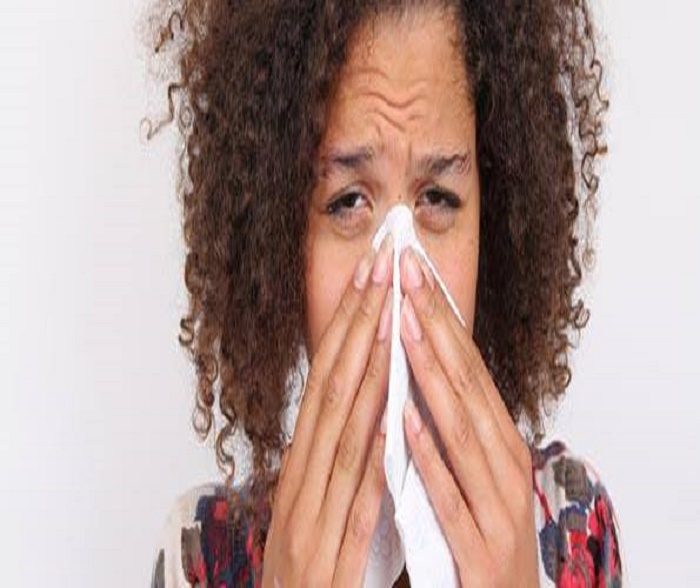
Prevention of the flu and the cold
During the whole year we can catch a cold, but the epidemic nature of the flu makes it more seasonal, being the flu season usually between October and the end of February, although some years it lasts until March or even April.
Prevention of the contagion of colds and flu among the elderly
- Vaccination against influenza , especially of the elderly, who constitute a risk group. There are no vaccines for colds, but it is important to take the following steps to help the immune system.
- Cover mouth and nose when sneezing or coughing: with a tissue that we will immediately throw away. If a handkerchief is not available, use the inside of the elbow instead of the hand.
- Hand washing : hand washing with water or soap or, if not possible, with wipes or alcohol gel. Before and after touching your eyes, nose or mouth, attending to a sick person, eating, going to the bathroom or changing diapers. After coughing or sneezing, traveling by public transport, returning from the street, etc.
- Avoid proximity contact: kisses, hugs, sharing glasses or silverware …
- Frequently clean surfaces: tables, furniture, doorknobs … In this type of surfaces the virus can survive several days. It is convenient to clean with cleaning products and ventilate from time to time by opening the windows.
The vaccine against the flu in the third age

Between 5% and 15% of the population of large cities suffers from the flu every year, reaching up to 50% in the case of population groups that are for a long time in closed places, such as residences for the elderly .
Each year researchers determine which viruses will be most common during the season and include them in the influenza vaccine. The vaccine begins to take effect approximately two weeks after administration. The vaccine has an effectiveness of between 70 and 90%, which means that some of the people who get vaccinated will get the flu. Therefore, it is very https://antidepressantremedy.com/xanax-alprazolam/ important that people who are in contact with the population groups at risk also get vaccinated.
According to the Society of Geriatrics and Gerontology (SEGC) , vaccination against influenza is essential in people over 60 years. Vaccination is a safe and effective measure, which reduces the cases of hospitalization by more than 30% and mortality by 40%.
The prevention of flu and colds in nursing homes and day centers of the IRSJG
In the residences of the Institute of Religious of San José de Gerona we implement the following protocol to prevent influenza:
1. Campaign vaccinating residents .
2. Vaccination of the workers of the residence.
3. Regulation of temperatures: we maintain a constant temperature, around 21ºC , by means of good heating and thermal insulation systems. This measure also reduces the risk of residents suffering an increase in blood pressure as a result of cold.

4. Ventilation. The rooms and common spaces are ventilated daily to renew the air, while this also helps maintain a certain level of humidity to prevent the environment from drying out.
5. We work hygiene habits with our residents.
6. Respiratory physiotherapy. We work daily with our residents breathing exercises. We make them work the diaphragm and the abdomen with slow and deep inspirations, and we teach them to cough and expectorate. It is a good exercise to prevent a simple cold from becoming a serious lung condition.
7. Diet rich in vitamin C. During the winter season we increase the presence of vegetables, fish and fruit with a high content of vitamin C.
8. We monitor hydration: caregivers remind residents that they have to drink fluid frequently, even if they are not thirsty.
9. We take care that our residents are well protected . We recommend that residents’ families bring them warm, light and comfortable clothes. Booties and wool socks are highly recommended. And, if the residents go outside, we make sure they wear their cap, gloves and warm clothes.
